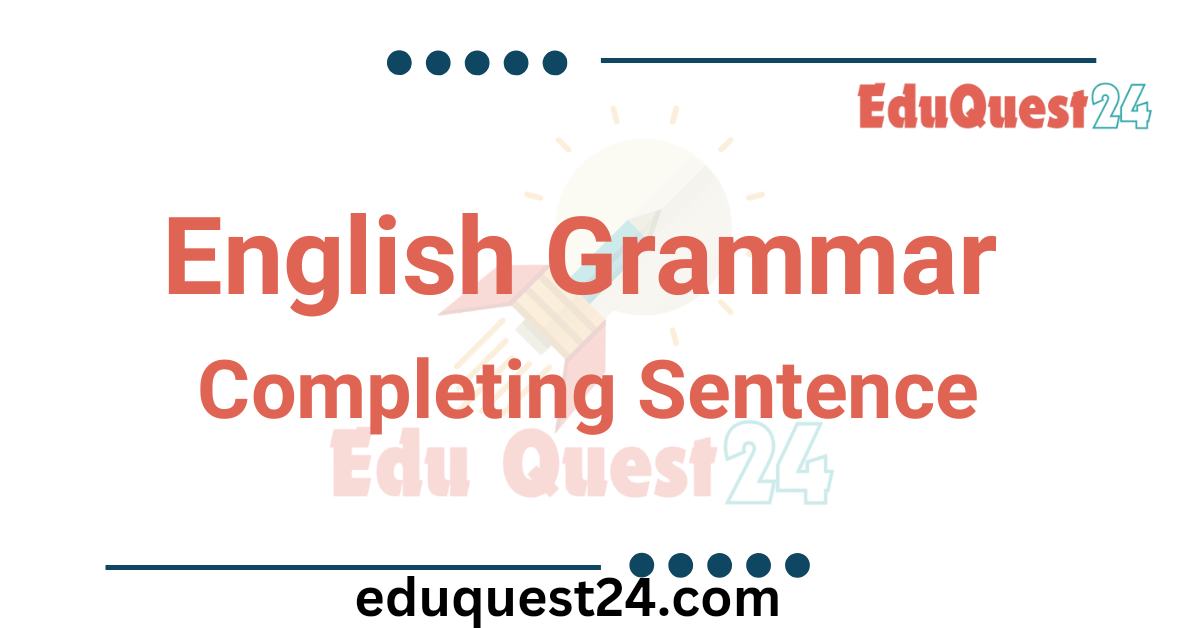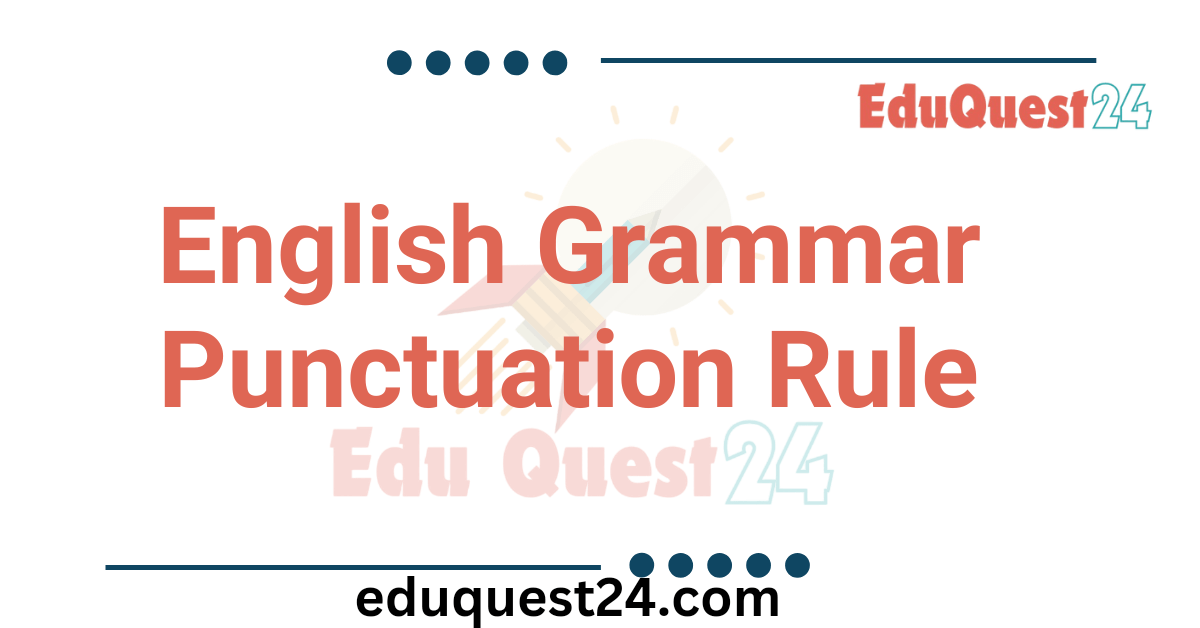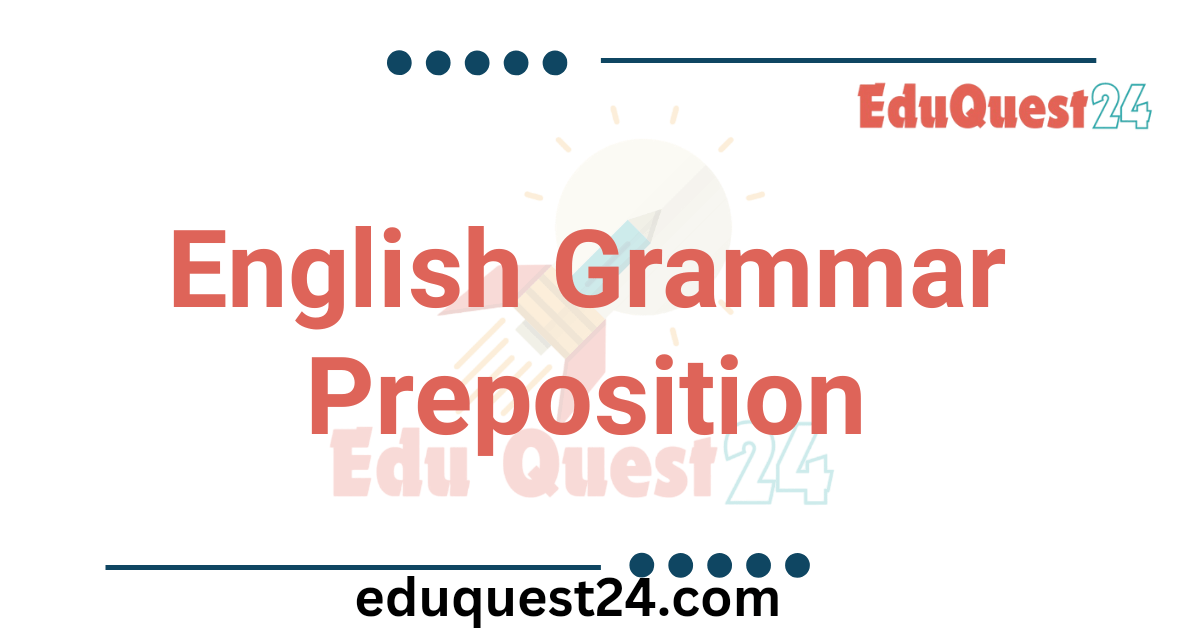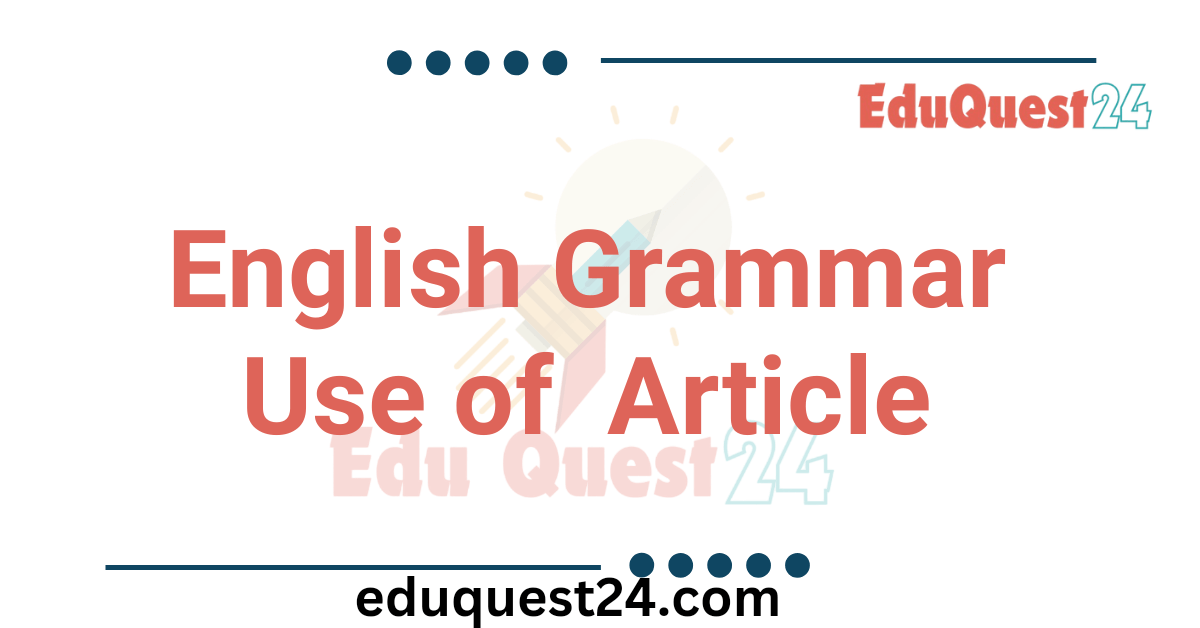Special Uses of Words and Phrases: সম্পূর্ণ বাংলা ভাষায় Special Uses of Words and Phrases Rules শিখতে সাহায্য করবে আজকের এই পোস্টটি। এখানে আছে updated practice exercises যা তোমাকে ইংরেজিতে দক্ষ হতে সাহায্য করবে।
Special Uses of Words and Phrases
Was born/ Be born
পৃথিবীতে জন্ম গ্রহণ করা অর্থে was born ব্যবহার করা হয়। এ phrase-টি passive mood এ ব্যবহৃত হয়।
(a) I was born in 1990.
(b) My parents were born in Tangail.
(c) Albert Einstein was one of the greatest scientists. He was born in Ulm, Germany on 14 March, 1879.
(d) Sir Jagadish Chandro Bose, a Bengali polymath, Physicist and Biologist, was born in 30 November 1858. He made some important discoveries in plant physiology.
(e) Bangladesh was born as an independent state on 16 December 1971 after nine month bloody born in 30 war against the occupation Pakistan Army.
(f) Last year I went to Stratford-upon-Avon. I saw where William Shakespeare was born.
(g) Yesterday my friends went to our village home. I showed them the house where I was born.
Have to/ Has to
কোন কাজ করার বাধ্যবাধকতা, প্রয়োজনীয়তা ইত্যাদি বুঝাতে have to / has to ব্যবহার করা হয়। উপদেশ প্রদান করার অর্থেও have to বসে।
Obligation (বাধ্যবাধকতা) বুঝাতে সকল Person- এঃ
Present Tense: have to/has to. Past Tense- এ had to এবং Future Tense- এ shall have to/will have to বসে।
I have to look after my old parents.
He has to pass the examination to get a job.
He had to do the work.
He will have to do the work.
[Note: Have to যুক্ত Sentence- কে Negative ও Interrogative করার সময় Tense ও Person অনুযায়ী Do/Does/ Did ব্যবহৃত হয়।]
Negative: You don’t have to help him.
Interrogative: Does she have to stay at home every night?
Indicating advice:
You have to learn English.
(a) English is an International language. If you want to go abroad for higher study, you have to learn English.
(b) The last date of submitting electricity bill is 15th of this month. So, I have to pay the bill by that time.
(c) Time is very valuable. We have to utilize time properly.
(d) Industry is the key to success. We have to work sincerely.
(e) Physical exercise is essential for maintaining good health. Everyone has to take physical exercise daily.
(f)People have to cat food to stay alive. They should choose healthy food.
(g) Tomorrow I have a class at 7.30 am. I have to get up early.
Would Rather
Would rather একটি modal idiom. Preference অর্থাৎ দুটি কাজ বা অবস্থার মধ্যে কোনটি অধিক পছন্দনীয় তা প্রকাশকরার জন্য would rather ব্যবহৃত হয়।
Note:
(1) Would rather এর পরে to উহ্য থাকে।
(2) Would এর contracted form (‘d)
I would = I’d
(3) Negative বা Interrogative sentence- এ would rather- এ idiom- টির প্রথম শব্দটি operator হিসেবে ব্যবহৃত হয়। যেমন-
He wouldn’t rather live here. (negative)
Would he rather live here?
Would rather এর দুই ধরনের negative হয়। “Not” would rather এর পরেও বসতে পারে এবং would এর পরেও বসতে পারে।
I would rather not stay here.
I would not rather stay here.
Special Uses of Words and Phrases
Had Better
Modal অর্থে had better unreal past. তা present অথবা future tense এর অর্থ প্রকাশ করে। কোন কিছু করা ভাল এমন ধারণা বুঝাতে সকল person- এ had better ব্যবহৃত হয়।
You had better meet him.
Negative- এর ক্ষেত্রে better এরপরে not বসে।
You had better not miss the train.
উপদেশ বুঝাতে Negative-Interrogative Sentence-এ had better ব্যবহৃত হয়।
Hadn’t you better ask him first?
Indirect speech- এ 1st and 3rd person- এ had better অপরিবর্তিত থাকে। 2nd person- এ অপরিবর্তিত থাকতে পারে বা advise + object + Infinitive দ্বারা পরিবর্তন করা যায়।
He said. “I had better go there.”
He said that he had better go there.”
He said to me, “You had better hurry.”
He said to me that I had better hurry.
He said to me, “You had better go there.”
He said to me that I had better go there.
He advised me to go there.
Let alone
কোন কিছু “চিন্তা করা যায় না” বা “ভাবা যায় না” এরূপ অর্থ প্রকাশ করতে let alone ব্যবহৃত হয়। Negative statement এর পরে let alone বসে।
a)I cannot swim a kilometre let alone ten kilometres.
b)The old farmer cannot visit a small town, let alone a big city.
What If
কোন কিছু ঘটার ভয় প্রকাশ করতে What if ব্যবহৃত হয়।
I don’t like to travel by this old car.
What if it disturbs on the way?
কোনো বিষয়ে কারো মতামত জানানোর জন্য What if ব্যবহৃত হয়।
a)Son: You have invited all of our close relatives in the party. What if I invite Rafiq?
b)Mom: Of course. He is your close friend.
কোন একটি ঘটনা ঘটলে তার পরিণাম কি হতে পারে বুঝাতে What if ব্যবহৃত হয়।
I was supposed to go by the bus that made an accident last night. What if I had been in the bus.
Special Uses of Words and Phrases
What’s…like/What does…look like
কারো আচরণ, স্বাস্থ্য, মনের অবস্থা, কোন অদ্ভুত বা কাল্পনিক কিছু দেখতে কেমন ইত্যাদি সমন্ধে জানার জন্য What’s like/ What does….. look like ব্যবহৃত হয়।
A: What does a ghost look like?
B: Sorry, dear. I had never seen a ghost.
a)What’s Roni like? (expression for health and character)
Ans. He’s tall and dark, and a bit shy.
b)What does he look like?
Ans. Nice.
➛What was your exam like? (expressing experience)
➛What was the weather like? (expressing condition)
➛What is living in Dhaka like? (expressing experience)
➛What is being a president of a country like? (expressing experience)
As soon as
কোন একটি ঘটনা ঘটার সাথে সাথে আর একটি ঘটনা ঘটা বোঝাতে As soon as ব্যবহৃত হয়।
a)As soon as the teacher entered the class room, the students stood up.
b)As soon as the sun goes down, the temperature drops dramatically.
No sooner had…than, scarcely had…when, hardly had…when
No sooner had….than, scarcely had….when, hardly had….when এ জাতীয় structure দ্বারা “যেতে না যেতে” “খেতে….না খেতে”, “পৌঁছাইতে….না পৌঁছাইতে” ইত্যাদি অর্থ প্রকাশ পায়।
উপরের structure গুলির when ও than এর পূর্ব পর্যন্ত past perfect tense এবং when ও than এর পরের অংশ past indefinite.
1) No sooner had I gone out….
Ans: No sooner had I gone out than he came
2) Scarcely had we reached the station….
Ans: Scarcely had we reached the station when the train left.
3) Hardly had he reached the college….
Ans: Hardly had he reached the college when the examination began.
Need
Need Principal ও Auxiliary উভয় Verb-রূপে ব্যবহৃত হয়।
Need যখন Auxiliary Verb রূপে ব্যবহৃত হয় তখন তাকে Semi-modal বলে।
Need যখন modal হিসেবে ব্যবহৃত হয় তখন তা Negative অর্থ প্রকাশ করে। এর অর্থ দাঁড়ায় (প্রয়োজন নেই)।
Modal হিসেবে Need Present Indefinite Tense-এ ব্যবহৃত হয়। এক্ষেত্রে need এরপর Infinitive “to” উহ্য থাকে । Present Indefinite Tense- এ Negative Interrogative Sentence গঠন করার সময় Singular Number 3rd Person-এ “nced” এর সাথে s যোগ হয় না। Modal “need” দ্বারা গঠিত Interrogative Sentence-এর উত্তর সব সময় Negative হয়।
He need not do it.
Need he do it? = No, he needn’t .
অতীতে কোন কাজ করার দরকার ছিল না ধারণা প্রকাশ করতে need not have + verb-এর Past Participle ব্যবহৃত হয়।
You need not have gone there.
Principal Verb হিসেবে need require/want (চাওয়া) অর্থে ব্যবহৃত হয়। ইহা যে কোন Tense-এ ব্যবহৃত হয়। Present Tense- এ Singular Number Third Person Singular Number- এ need- এর সাথে s যোগ হয়। এ ক্ষেত্রে Infinitive এর “to” উহ্য থাকে না।
He needs to know the exact amount.
Need– Passive Infinitive এবং gerund এর সাথে ব্যবহৃত হয়।
My shoe needs to be mended. (Passive infinitive)
My shoe needs mending. (Gerund- অর্থে)
Dare
Dare- Principal ও Auxiliary উভয় Verb রূপে ব্যবহৃত হয়। Dare যখন Auxiliary Verb রূপে ব্যবহৃত হয় তখন তাকে Semi- Modal বলে।
Modal হিসাবে Dare- এর ব্যবহারঃ (Special Uses of Words and Phrases)
Modal হিসেবে dare কোন কিছু করার সাহস বা ধৃষ্টতা বুঝায়। ইহা শুধু Interrogative ও Negative Sentence- এ ব্যবহৃত হয়। Present Indefinite Tense- এর ক্ষেত্রে Singular Number 3rd Person- এর সাথে s/es যোগ হয় না। এ modal- টির পর সাধারণতঃ infinitive “to” উহ্য থাকে।
He dare not do it. (dares নয়)
Dare he do it? (dares নয়)
অন্যের কাজের প্রতি ক্ষোভ বা রাগ (Indignation) প্রকাশ করতে How dare / dared you / he/she / they ব্যবহৃত হয়।
How dare he say so? (I am angry with him for saying so.)
Principal Verb- রুপে “dare” এর ব্যবহারঃ
সাহস করা অর্থে (venture) dare Principal Verb-রূপে ব্যবহৃত হয়। এক্ষেত্রে dare-এর past form durst ও dared. Negative Sentence-এ দু’টি form-ই ব্যবহৃত হয়। কিন্তু affirmative Sentence-এ শুধু dared ব্যবহৃত হয়। drust এরপর to উহ্য থাকে। কিন্তু dared এরপর Infinitive ‘to’ উহ্য থাকতে পারে নাও থাকতে পারে।
He durst/dared not go there.
He dared go there.
He dared to go there.
Challenge অর্থ প্রকাশ করতে dare ব্যবহৃত হয়। এক্ষেত্রে structureটি দাঁড়ায় Sub + dare+ object + full infinitive (to + verb- এর present form)
He dares/dared me to do the work.
Used To
Affirmative: Used to
Negative: Used not to/usedn’t to
Interrogative: Used you/he/they? Etc
Negative-interrogative: Used you not/usedn’t you.
[Note: Did ব্যবহৃত করেও Negative ও Interrogative Sentence গঠন করা যায়। didn’t use to, did you use to? didn’t you use to?]
1. অতীতের অনিয়মিত অভ্যাস (discontinued habit) বুঝাতে সকল person- এ used to ব্যবহৃত হয়।
I used to drink tea; now i drink coffee.
2. অতিতের নিয়মিত অভ্যাস বুঝাতে সকল person- এ used to ব্যবহৃত হয়।
Omar (R.) used to lead a very simple life.
[Note: এক্ষেত্রে used to এর পরিবর্তে would ব্যবহার করা যায়। তবে অনিয়মিত অভ্যাসের ক্ষেত্রে used to এর পরিবির্তে would ব্যবহৃত হয় না।]
Omar (R.) Would lead a very simple.
Modal হিসাবে be- এর ব্যবহারঃ
Be (am, is, are, was, were) + to
1. Duty ও Necessity (কর্তব্য ও আবশ্যকতা) বুঝাতেঃ
I am to look after my old parents. (duty)
I am to work hard to shine in life. (necessity)
He was to attend the function.
2.Arrangement বুঝাতেঃ
The flood affected are to be rehabilitated. (arrangement)
3.Possibility (সম্ভাব্যতা) বুঝাতেঃ
The pen was not to be found.
4.Destiny (নিয়তি) বুঝাতে Past Indefinite Tense-এঃ
He was never to see his country again.
5.Command/order বুঝাতেঃ
The workers are to obey their manager.
6. Supposition (অনুমান) অর্থে শুধু “were to” modal হিসেবে ব্যবহৃত হয়।
If it were to rain, we would have to cancel the programme tomorrow.
It is time
কোন কাজ করার সঠিক সময় হয়েছে বুঝাতে It is time + infinitive +….বসে।
অথবা It is time for + object + infinitive + … বসে।
a)It is time to….
Ans: It is time to start the work.
b)It is time to….
Ans: It is time to leave the place.
c)It is time for….
Ans: It is time for us to attack the enemy.
As if/as though
As if বা as though “যেন” অর্থ প্রকাশ করে। As if/as though এর প্রথম অংশ present Indefinite হলে পরের অংশ past Indefinite হয়। আর প্রথম অংশ past tense হলে পরের অংশ past perfect tense হয়।
1) He tells the matter as if he….
Ans: He tells the matter as if he knew it.
2) He told the matter as if he….
Ans: He told the matter as if he had know it.
3) She proceeds as though I….
Ans: She proceeds as though I did not speak.
4) She proceeded as though I….
Ans: She proceeded as though I had not spoken.
[Note: কোন কিছু হওয়া বুঝাতে unreal past এর অর্থ প্রকাশ করতে as though/as if এর পরে were বসে।]
a)He runs fast as though he….
Ans: He runs fast as though he were a mad man.
b)He donates money as if he….
Ans: He donates money as if he were a rich man.
Introductory There
Introductory শব্দের বাংলা অর্থ সূচনামূলক। শুধু Sentence শুরু করার জন্য ‘There’ ব্যবহৃত হয় বলে একে Introductory There’ বলে।
1. Introductory There দিয়ে sentence শুরু হলে উক্ত sentence-এ verb, subject এর আগে বসে।
কোন Sentence যদি There দ্বারা শুরু হয় এবং তারপর যদি Singular Noun থাকে তবে Present Tense-এর ক্ষেত্রে be verb “ls” বসে। Past Tense এর ক্ষেত্রে be verb ‘was বসে এবং মূল verb এর ক্ষেত্রে verb এর past tense বসে। আর There এর পরে plural number থাকলে Present Tense এর ক্ষেত্রে be verb ‘are’ বসে এবং past tense এর ক্ষেত্রে be verb ‘were’ বসে।
Example:
There is a high school in our village.
There are two high schools in our village.
There was not a single lamp in the house.
There were five books on the table.
ব্যাখ্যাঃ
➣উপরের ১ম Sentence-টিতে there এর পরের noun-টি Singular এবং তা Present Tense. তাই there এর be verb ‘is’ বসেছে।
➣২য় Sentence-টিতে there এর পরের noun-টি plural এবং তা Present Tense. তাই There এর পর be verb are বসেছে।
➣৩য় Sentence- এ there- এর পরের noun- টি plural এবং Past Tense. তাই there এর পর be verb “was” বসেছে।
➣8র্থ Sentence- এ there এর পরের Noun- টি Plural এবং Past Tense. তাই there এর পর be verb “were” বসেছে।
2.কোন কিছুর উপস্থিতি নির্দেশ করতে ‘There’ ব্যবহৃত হয়।
Examples:
a)There is a big pond in front of our house. (i.e. a big pond is situated in front of our house.)
b)There are 25 classrooms in our school. (i.e. our school has twenty five classrooms)
c)There was once a man who was very strong. (Introduces a subject of a story of a strong man excited in the past)
d)There will be no water tomorrow. (Water will no be there)
Questions tag-এ “There” ব্যবহৃত হয়।
Example:
There is a garden in our school, isn’t there?
আরো পড়ুন:
Use of Articles (A, An, The) in Bangla
Preposition Rules in Bangla (Update) Free
English Grammar Types of Sentence
3.There is no point / there is no need /there is no sense / there is no use ইত্যাদি অভিক্যক্তি প্রকাশ করতে “There” বসে।
Example:
There is no point in arguing about the problem.
There is no sense in making him angry.
There is no need to explain the matter to him.
4.Like, live, exist, remain, come, arise, appear, enter, follow, seemm, happen ইত্যাদি verb -এর সাথে “There” ব্যবহৃত হয়।
Example:
There happened an accident.
There lives a rich man in our village.
There appeared nobody willing to help me.
There exists no good relation between the two brothers.
There seems to be no doubt about it.
5. Modal verb – এর সাথে “There” ব্যবহৃ হয়।
Example: There should be a solution to this problem.
Other uses of “there”
a)There must be a solution to this problem.
b)There should be a solution to this problem.
c)There will be a solution to this problem.
d)There might be a solution to this problem.
e)There can be a solution to this problem.
f)There has to be a solution to this problem.
6 Verb “to have” (have/has/had/) এর সাথে There ব্যবহৃত হয়।
Example:
There has been good relation between the two families.
There has been an accident.
7. কোন sentence এর subject যদি some, any, no, somebody, anybody, nobody, something, anything, nothing হয় সে ক্ষেত্রে অধিকাংশ সময় “There is/ There are” দ্বারা sentecne শুরু হয়।
a)There are some people outside.
b)There is nobody at home.
c)There is nothing in fridge.
8. Wrong with something, anything, nothing ইত্যাদি অভিব্যক্তি প্রকাশ করতে “There is / are “ ব্যবহৃত হয়।
Example: There is something wrong. There is nothing wrong with him
‘There’ negative ও Interrogative- এ ব্যবহৃত হতে পারেঃ
Positive:
There are many/some/a few boys in the field.
There is little tea in the cup
Negative:
There are not any students in the class.
There is not any ink in the pen.
Interrogative:
Are there any pen on the table?
Are there any tea in the cup?
[Note: Introductory there এর পরে is/are/was/were/ ছাড়াও আরো কয়েকটি verb ব্যবহৃত হয়। সে verb গুলো হলো seem, happen, appear, remain, esist ইত্যাদ। যেমনঃ There happened an accident.]
Exercise Worked Out (Special Uses of Words and Phrases)
Make sentences with there + be verb + N/P + adverbial of place.
[Note: যে adverb জায়গা নির্দেশ করে তাহাই adverb of place.]
a)lawn / in front / house.
= There is a lawn in front of the house.
b)kitchen garden / behind / the house.
= There is a kitchen garden behind the house.
c)Cadet college / in pabna/
=There is a cadet college in Pabna.
d)Table/ in the room.
= There is a table in the room.
Exercise
Make sentenced with there+be verb+NP+Adverbial of place using the following clues
book/ on the table.
mosque/ in front of the school
University / in Dhaka.
Some mangoes/ in the basket.
Some flowers / in the flower vase
Many boys / in the field
Five pens / in the box.
Fifty students / in the class.
Palm trees/ behind the public square
A museum / in Dhaka/
Introductory ‘It’
There এর ন্যায় It- ও যখন sentence-এর শুরুতে বসে তখন তাকে Introductory ‘It’ বলে।
1. Subject-কে introduce করতে ‘it’ বসে।
Examples: It was a nice picture. (means the picture is nice)
উপরের sentence-এর subject picture-কে Introduce করতে it বসেছে।
একইভাবে
It is a good idea to walk in the morning (means: walking in the morning is a good idea)
It took me an hour to reach my school. (means: to reach my school I needed an hour)
2. পূর্বে উল্লেখিত subject নির্দেশ করতে ‘it’ ব্যবহৃত হয়
Examples:
I forgot to give him to my address.
It was a mistake (means: not giving him my address was a mistake)
এখানে It উপরের sentence-এর subject my address-কে নির্দেশ করতে ব্যবহৃত হযে়ছে।
We ate pizza last night. It was delicious. (means: the pizza was delicious)
3. জড় পদার্থ, ছোট শিশু এবং ইতর বা নিম্ন শে্রণীর প্রাণীর পরিবরে্ত ‘It’ বসে।
a)Yesterday he bought a pen.
b)It was costly.
c)The cat was looking very weak.
d)It had not eaten for two days
e)I saw a child
f)It was crying
4. পূর্বের বক্তব্যকে পরে উল্লেখ করতে এবং পরের বক্তব্যের পূর্বাভাস দিতে ‘It’ ব্যবহৃত হয়।
a) It is false that he is a thief.
b) It is a matter of great regret that his father is no more.
5. পরবর্তী কোন noun or pronoun-এর উপর জোর (emphasis) দিতে ‘It’ ব্যবহৃত হয়। এক্ষেত্রে It যে কোন number, gender ও person এর পরিবর্তে বসে।
a) It is you who have broken my glass.
b) It is the pen which I want.
6. Impersonal verb এর সাথে অনির্দিষ্ট subject হিসেবে ‘It’ বসে।
a) It seems he is poor.
b) It appears to me that you are interested in the matter.
c) It so happened that we were out then.
7. ঋতু বা আবহাওয়া ইত্যাদি বুঝাতে verb-এর অনির্দিষ্ট subject হিসেবে ‘It’ ব্যবহৃত হয়।
a) It is winter.
b) It rained heavily yesterday.
8. সময় বা দূরত্ব বুঝাতে verb- এর অনির্দিষ্ট subject হিসেবে ‘It’ ব্যবহৃত হয়।
a) It is now 10 pm.
b) It is time to go to bed.
c) It takes only five minutes to go there.
Structures with ‘It’
Negative: It is not a good decision.
Positive: It is a good decision.
Interrogative: Was it a good position?
Negative + Interrogative: was it not a good decision?
[Note: “It” কখনও Plural subject- এর ক্ষেত্রে প্রযোজ্য হয় না।]
Exercise (Special Uses of Words and Phrases)
1. Completed the sentences with suitable phrases/words given in the box: Special Uses of Words and Phrases
(a) Your enemies are looking for you……….you left this place.
(b) It is raining heavily ………. closing the window?
(c) Rifat often behaves ………. he were a prince. It becomes very difficult for me to tolerate him.
(d) Humayon Ahmed was a teacher, author, dramatist and filmmaker. He ………. on 13 November 1948.
(e) ………. you work hard, you will not make a good result.
(f) I ………. resign my job than tolerate injustice. I have moral courage to raise voice against injustice.
(g) Son: ………. a satellite ………..? Father: I have heard of it but never got a chance to see it.
(h) We informed the police ………. the incident took place. But the police didn’t arrive even after two hours.
(i) Our society is full of bad persons. We ………. remain aware of them.
(j) ………. is a hue and cry on the road. Something must have happened.
2. Completed the sentences with suitable phrases/words given in the box: Special Uses of Words and Phrases
(a) The child cannot walk ………. run in the field.
(b) Tareq Ahmed is a renowned teacher. He ………. in 1960.
(c) At present, the children do not know ………. swim in water.
(d) Parents ………. work hard to take care of their children.
(e) Rima studies hard ………. GPA-5 should be missed.
(f) Father, ………. a ghost ………. ?
(g) Tanisha went to college ………. she could learn something.
(h) ………. people stopped corruption from society.
(i) ………. swimming in the river? For the first time, it seems new experience for all.
(j) You will not succeed in life ………. you work hard.
Special Uses of Words and Phrases Rules & Exercise Lecture Sheet PDF Download





